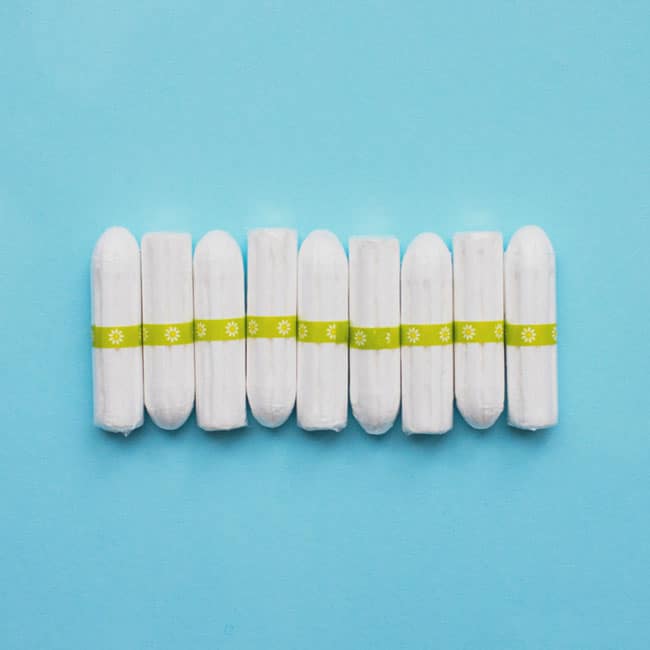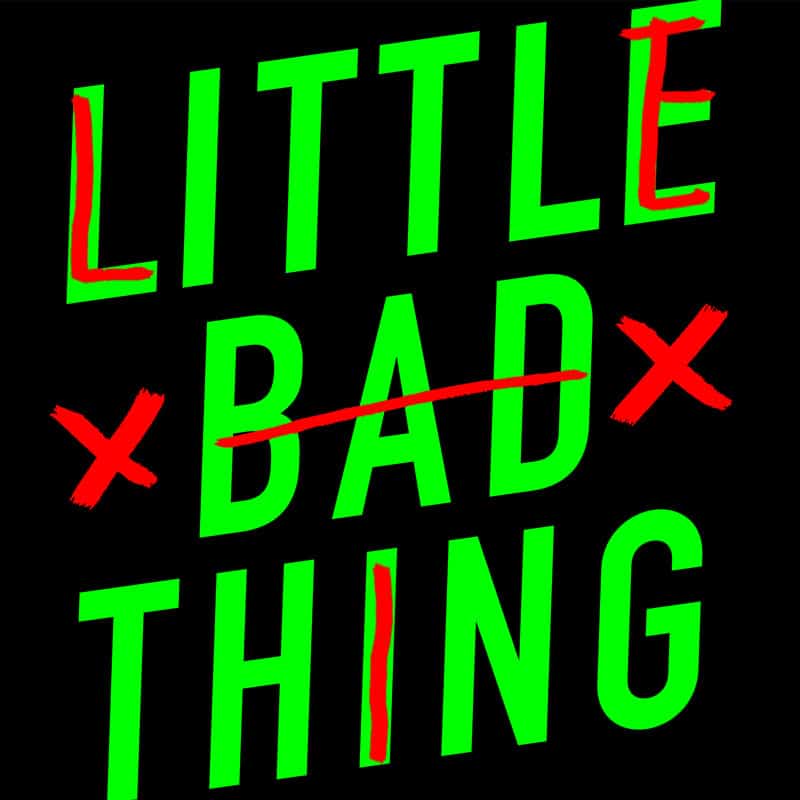
Meet Daniel, helping us take ethics to the next generation
Opinion + AnalysisRelationshipsSociety + Culture
BY The Ethics Centre 23 AUG 2021
At The Ethics Centre, we believe ethics is a collaboration – a conversation between diverse people trying to figure out how to act, live and make good decisions.
This means we need a range of people participating in the conversation, of all ages. Thanks to our donor, Chris Cuffe AO at Third Link Investment Managers, we are excited to share that we have recently appointed Daniel Finlay to Youth Engagement. Daniel is a graduate from the University of Sydney with a Bachelor of Arts and Science (Hons) and a Postgraduate Certificate in Publishing. He also received Class I Honours for his thesis in ethical philosophy. To welcome him on board and introduce him to you, our community, we sat down for a brief get-to-know-you chat.
Tell us, what attracted you to philosophy?
My first philosophy-related class was called Bioethics and I actually took it because I had come back from a break and couldn’t continue my psychology units until the next semester. But from the moment I left the first tutorial, I knew this was where I would end up going. The unit was practical ethics with a focus on humans and their bodies. The topics we covered ranged from black-market organ selling to sex work to people suffering from body integrity identity disorder (BIID). The BIID discussion particularly made me realise how many questions we have to face that simply don’t have neat or obvious answers. BIID is a very rare disorder where a healthy person very strongly desires to amputate one or more of their limbs. And here we were, a group of fresh-faced 19-year-olds, trying to figure out what the hell to do with that information.
That sounds like an interesting place to start. Let’s jump over to COVID and restrictions. How are you dealing with it and what do you hope we’ll be able to bring out the other side?
Honestly, I’m part of the lucky few who haven’t been too flipped around by the lockdowns. I do very much miss rock climbing and have admittedly fallen back into lazy habits without it, but on the whole I can deal with being at home very easily because that’s where I like to spend most of my time regardless.
I’m hoping that we all come out of this with a bit more patience. COVID has obviously slowed a lot of things down for a lot of people. Media content is coming out slower, packages are constantly delayed, work projects put on the back-burner. Hopefully most people come out the other side of this with the realisation that most things aren’t as urgent as they sometimes seem, and a little patience when dealing with fellow humans can go a long way.
With all that time at home, you must have developed some guilty pleasures during the pandemic. Can you share one with us?
I wish I had something quirky or funny to share but the sad reality is my guiltiest pleasure is just watching TikToks at midnight in bed instead of getting a reasonable night’s sleep.
Pretty sure that you aren’t alone there. So, what does a standard day in your life look like?
Mostly playing games, watching Netflix/YouTube and managing an online Discord community I run. At the moment, I’m researching how, when and why young people engage with ethics in their lives and offering a younger perspective on a range of projects. Whenever I find the energy, I do try to make time for reading (I’ve recently gotten back into some fantasy novels), walking, listening to podcasts, rock climbing, writing and annoying my cat, Panda.
Let’s wrap up close to home. What does ethics mean to you and why are you interested in bringing it to the attention of young people?
To me, ethics is about learning to live with ourselves in a way that is sustainable. Part of that process is learning how to question ourselves, other people, systems and structures. It’s about identifying assumptions and patterns in our beliefs and behaviours and learning to discard or modify the unfounded ones.
I’m interested in bringing it to a younger audience because I think studying ethics and critical thinking is such an important part of developing the cognitive resources needed to make significant change in the world in a responsible and empathetic way. I’ve already seen firsthand, from being a Primary Ethics teacher, the immense good that this can do, so if I can help bring these resources into the brains of passionate teenagers then I think the world will be much better off.
Ethics in your inbox.
Get the latest inspiration, intelligence, events & more.
By signing up you agree to our privacy policy
You might be interested in…
Opinion + Analysis
Health + Wellbeing, Relationships, Science + Technology
Periods and vaccines: Teaching women to listen to their bodies
Opinion + Analysis
Relationships
Five steps to help you through a difficult decision
LISTEN
Relationships, Society + Culture
Little Bad Thing
Explainer
Society + Culture, Politics + Human Rights




